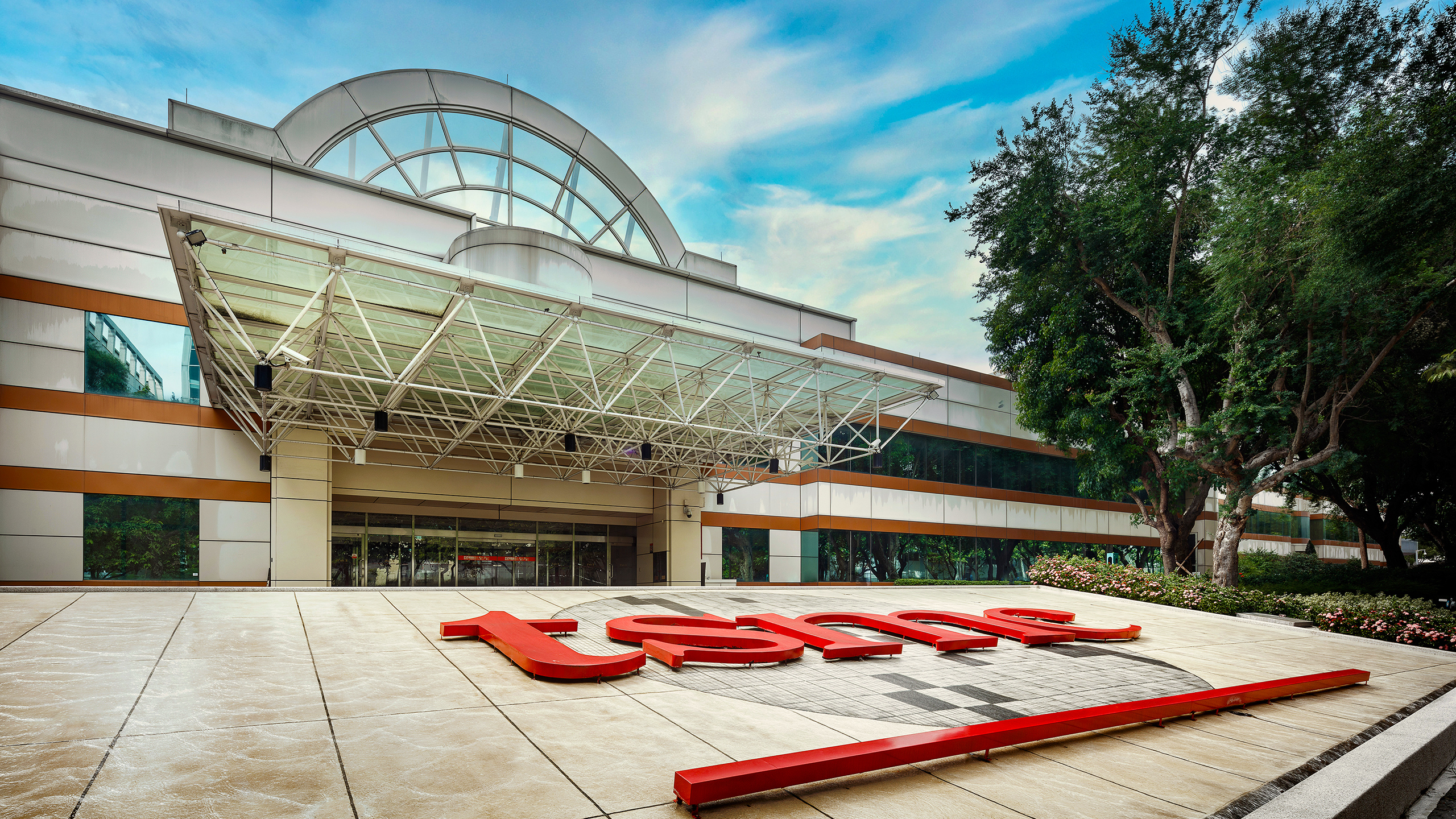Taiwanese law prevents TSMC from producing 2nm chips overseas, Taiwanese govt official confirms
But it will certainly be able to make them abroad later on.

While TSMC can build advanced fabs in the U.S., Europe, and Japan, it cannot transfer its most advanced process technologies to production facilities abroad, as they are protected by Taiwanese law, said J.W. Kuo, Minister of Economic Affairs in Taiwan, reports the Taipei Times. That said, TSMC cannot make chips using its N2 (2nm-class) manufacturing technologies in the U.S. while these production nodes are its latest nodes.
"Since Taiwan has related regulations to protect its own technologies, TSMC cannot produce 2nm chips overseas currently," Kuo said at a meeting of the Economics Committee in Taipei, reports Taipei Times. "Although TSMC plans to make 2nm chips [abroad] in the future, its core technology will stay in Taiwan."
Taiwanese regulations require domestic chipmakers to manufacture only chips using previous-generation fabrication processes at their overseas facilities, keeping the most advanced technology within the country.
Perhaps, the Minister is a bit too cautious, as TSMC's 2nm-class capable production facility in the U.S. is many years away. Yet, the message he sends is quite clear: Taiwan wants TSMC to keep its leading-edge process technology in the country. While this is not said directly, these regulations are meant to ensure that Taiwan in general, and TSMC in particular, remains a key business hub for the world's leading chip designers that require leading-edge process technologies, and which all happen to be from the U.S.
TSMC is set to start high-volume production of chips on its N4 and N5 fabrication technologies (4nm and 5nm-class) at its Fab 21 in Arizona in 2025. The company's first N3 and potentially N2-capable facility — Fab 21 phase 2 — is only set to come online in 2028, which is when TSMC's facilities in Taiwan will produce chips on the company's A16, A14, and finer nodes.
But, the U.S. does not have to worry. At a forum in Hsinchu, Cliff Hou, chairman of the Taiwan Semiconductor Industry Association (TSIA) and a senior vice president at TSMC, assured that the long-standing collaboration between Taiwan and the U.S. would not be disrupted by political changes. Although certain adjustments may be needed, the core partnership remains stable and enduring, as it has been for decades.
Addressing potential U.S. tariff hikes, a topic Trump raised in his campaign, Hou noted that TSIA has yet to receive official notifications. However, he urged Taiwan to allocate more resources to R&D and strengthen its supply chain expertise to secure its leadership position in the global semiconductor market.
Get Tom's Hardware's best news and in-depth reviews, straight to your inbox.
Hou also pointed to the importance of Taiwan advancing its expertise in semiconductor equipment and materials — areas where foreign companies currently dominate. Collaborative efforts are underway between the industry and government to attract foreign partners to establish design and materials centers within Taiwan, bolstering its semiconductor ecosystem, which is another way to bolster Taiwan's importance in the global microelectronics supply chain.

Anton Shilov is a contributing writer at Tom’s Hardware. Over the past couple of decades, he has covered everything from CPUs and GPUs to supercomputers and from modern process technologies and latest fab tools to high-tech industry trends.
-
M0rtis Thats fair enough I guess. If they can keep up production to meet demand, then there is no reason why they should export their bleeding edge tech and not keep the benefits and maximise the revenue for their own country. This is especially important given how strategically important TSMC is to Taiwan.Reply -
Pierce2623 I guess he didn’t like the report saying Arizona was already outperforming Taiwan on 4nm yields.Reply -
mwestall Reply
Sure, Intel will have capacity to build all the sub 3nm class chips the entire world needs.Gururu said:If Intel 18A works out for mass fab then 2nm will not be needed.
They'll barely be able to produce enough for themselves, have you really no idea of TSMC's scale? -
hotaru251 wasnt this known at start? I recall them stating they wouldn't be making their cutting edge node in US fab juts its older nodes. (which seemed weird but if its a nations law makes more sense now)Reply -
Kamen Rider Blade Last Gen's node is "Good Enough" for TSMC Fabs that are outside of Taiwan to manufacture.Reply
It makes sense from a TSMC / Taiwan perspective. -
SunMaster ReplyGururu said:If Intel 18A works out for mass fab then 2nm will not be needed.
Intels imaginary tech will of course be used for Qualcom, Apple, Nvidia and AMD as well. There'll be hordes of competing companies begging Intel to manufacture their secrets. -
Li Ken-un Reply
A case of “good for the goose; good for the gander” here. Being an observer of sanctions against a neighbor should be all the writing on the wall needed to motivate precaution. It’s every country for itself.Kamen Rider Blade said:It makes sense from a TSMC / Taiwan perspective. -
The Historical Fidelity It’s funny that TSMC was founded by Morris Chang, an American citizen, and is majority owned by American Entities, but the U.S. is not privy to the bleeding edge node. Not complaining, just pointing that out.Reply